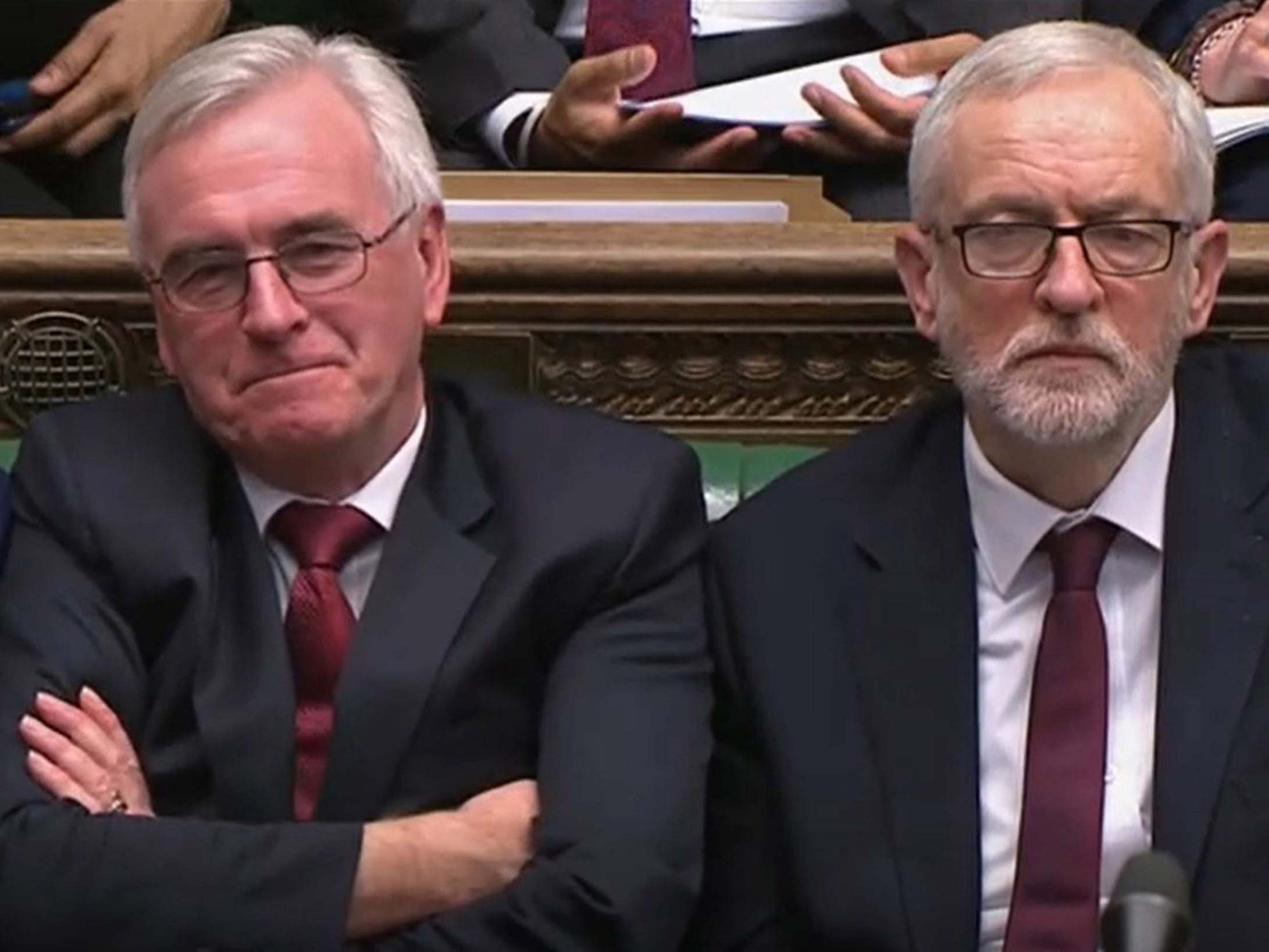How has Labour responded to a big-spending Budget?
Corbyn’s initial reaction was disappointing, but now the party is hitting the right lines, writes John Rentoul


Replying to the Budget speech is one of the hardest parts of the job of the leader of the opposition. By convention, it is the leader, rather than the shadow chancellor, who has to respond immediately.
It is especially hard because the chancellor has all the advantages, having worked on the Budget for weeks, knowing where its weak points are hidden, and is able to spring surprises on someone not used to debating matters fiscal.
So we should not be too hard on Jeremy Corbyn, who made a poor job of it on Wednesday. After Rishi Sunak had said, “Whatever extra resources our NHS needs to cope with coronavirus, it will get,” the Labour leader complained: “It is little wonder that people worry that the extra money for the health service is too little, too late.”
And Corbyn plainly had no idea how to respond to the verdict of the independent Office for Budget Responsibility that Sunak had just delivered the biggest fiscal boost to the economy for 30 years. Labour had just fought an election demanding a huge increase in spending on public services, and here was a Conservative chancellor delivering it.
As ever with budgets, it takes a day or two for journalists and opposition politicians to get to grip with the details. So when John McDonnell, the shadow chancellor, spoke in the second day of debate on the Budget on Thursday, he had had time to get his story straight: “Some people are saying this could have been a Labour budget. Those people haven’t looked hard enough at who wins and who loses from this Budget.”
This is the right analysis. Labour supports the big increase in public spending, paid for by borrowing, but it is unimpressed by the way in which the largesse has been shared.
The government’s own figures, published with the Budget, suggest that rich and poor will benefit roughly equally – and imply that similar cash sums are worth more to the poor because they form a larger share of their income. But even those figures show that the better-off gain more from the tax cuts in the Budget – while the benefits, skewed towards those on low incomes, take the form of higher public spending on health and education.
And that is only part of the story. The Resolution Foundation has looked at the impact of government decisions since 2015, and the overall effect is to take significant sums away from the poorest 40 per cent of the population – with the very poorest losing most, mostly from cuts in in-work and out-of-work benefits.
Analyses by the Institute for Fiscal Studies and others confirm that this pattern of taking from the poor to give to the (relatively) rich can be traced back to the beginning of the Conservative-led government in 2010. Despite complaints from some Corbyn supporters that New Labour was a continuation of “Thatcherism”, the pattern under the Labour government was the opposite.
McDonnell, who sometimes grudgingly acknowledges that Tony Blair and Gordon Brown did some of the things he would have liked to do, finally got his response to the Budget right. He welcomed the boost to the economy, especially the attempt to pre-empt the damage done by the coronavirus outbreak, but condemned the failure even to begin to reverse the past decade’s bias against the poor.
Join our commenting forum
Join thought-provoking conversations, follow other Independent readers and see their replies
Comments